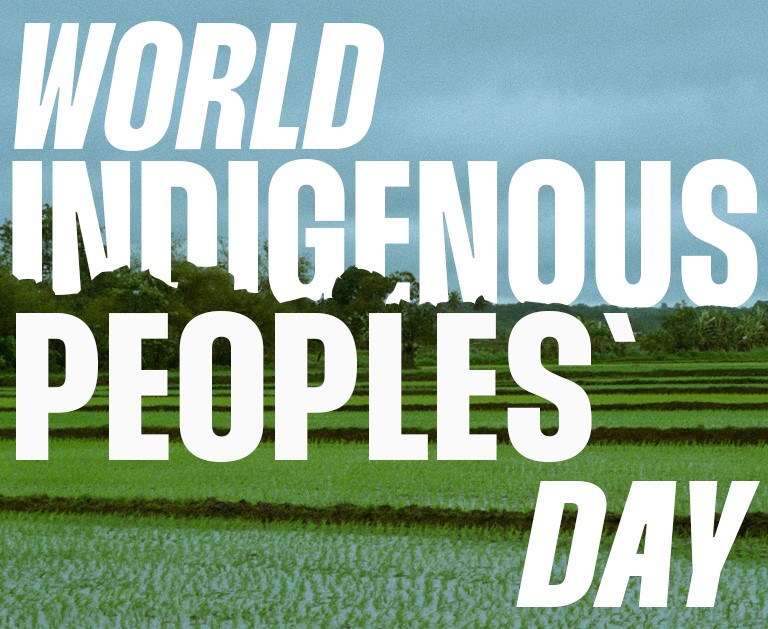Statement on World Indigenous Peoples Day 2023
Happy World Indigenous Peoples’ Day!
CWEARC joins the global commemoration of World Indigenous Peoples Day 2023 with continuing confidence in indigenous women as instruments of change for self-determined sustainable development in their communities, in the face of rising challenges.
The national situation including the pandemic compounded pre existing vulnerabilities of women, as well as their marginalization. In 2022, the World Economic Forum Global Gender Gap ranked the Philippines 19th worldwide in terms of closing the gender gap, sliding down from 16th in 2020. The Gender Gap Index looks at gender parity in four dimensions: economic participation, opportunity, health and survival and political empowerment. Low participation in the labor force and the plight of women during Covid lockdowns are the primary reasons for the drop in ranking. While the WEF has reported that Philippine ranking rose again to 16th in 2023 due to increase in political participation of women, this is attributed largely to the number of elected women during the elections, which does not automatically translate to addressing the needs of poor and marginalized women. The other dimensions in political participation are equally important, especially at the grassroots level.
In 2022 as well, the Philippine Statistics Authority reported that in CAR, women’s labor participation is lower compared to that of women (4 women in every 10 workers), further qualifying that most employed women were laborers or unskilled workers. The PSA added that agriculture remains as one of the sectors where women’s presence and contribution is still unacknowledged, with women farmers often ignored in the provision of credit, agricultural services and training opportunities.
On health and social services, CWEARC emphasizes the need for services and interventions that address the needs of women in especially difficult circumstances (victims and survivors of sexual and physical abuse, illegal recruitment, prostitution, trafficking, armed conflict, women in detention, victims and survivors of rape and incest and other related circumstances) as well as mental health needs of women, which is essential and urgent in present times.
We believe that political participation of indigenous women, especially on issues of land rights, can only be achieved if they are free from the threats and dangers of judicial harassment, terrorist tagging, and other forms of discrimination and human rights violations. Only then can they effectively participate politically for interventions that will address their situation, such as lobbying for local implementation of the Mental Health Law and the Magna Carta of Women.
CWEARC humbly contributes in addressing the women’s situation through its programs on Women’s Mental Health and Psychosocial Support and Women’s Rights Support, in partnership with the women in communities, barangay local government units and professionals. These are but support services we commit to indigenous women in the region, as we recognize that full realization of their rights as well as that of their communities are theirs to claim through self-determination.

